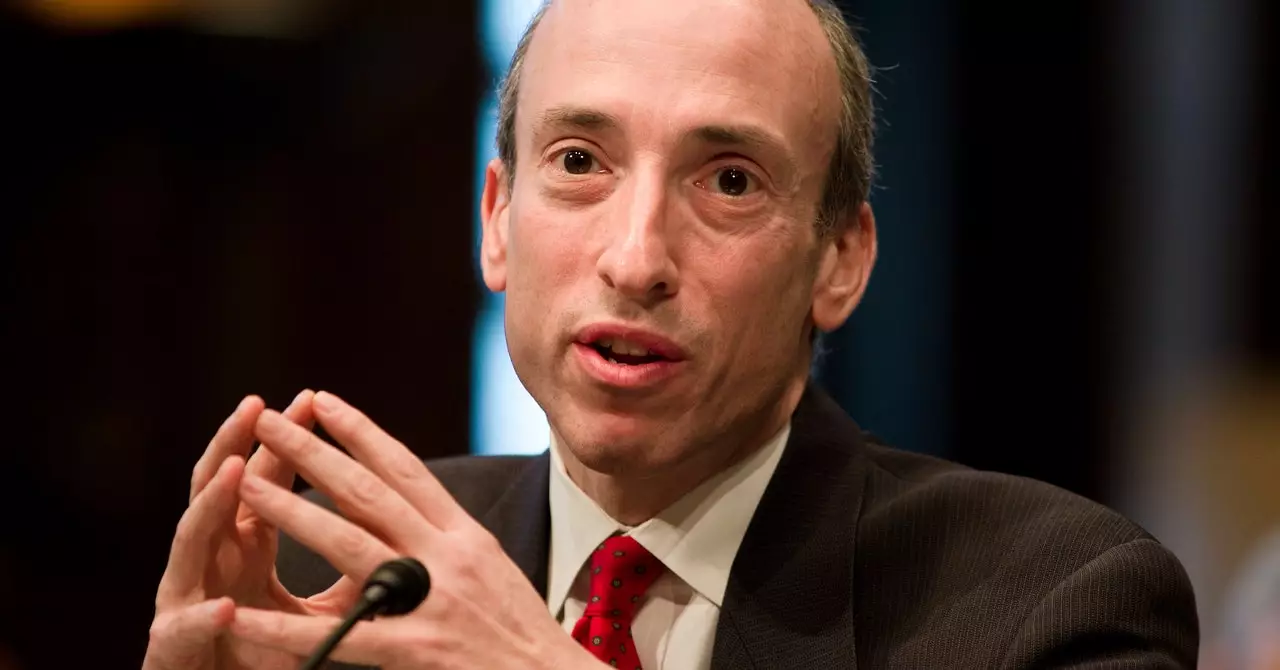The intersection of politics and cryptocurrency has never been more evident than in recent months, especially with the activities surrounding the upcoming Trump administration. With a significant focus on the crypto industry, Trump’s pledges and plans concerning digital currencies have captured the interest of many stakeholders. The implications of these plans could reshape the American landscape in terms of financial technologies, particularly with Bitcoin and other cryptocurrencies.
During a Bitcoin conference in Nashville, Tennessee, in July, former President Donald Trump made headlines with bold promises that resonated powerfully with the audience. His declarations included a vow to dismiss SEC chair Gary Gensler if he were to reclaim the presidency. Trump’s assertion that he would appoint a successor focused on building the future rather than obstructing it elicited raucous applause, underscoring the deep-seated frustrations among crypto advocates regarding the SEC’s regulatory stance. Trump’s commitment to fostering a more favorable regulatory environment reflects a broader trend of aligning political ambitions with emerging financial technologies.
By pledging to elevate the United States as a significant player in Bitcoin mining and establishing a national framework for stablecoin businesses, Trump is signaling a shift toward a more cryptocurrency-friendly administration. His discussions with industry leaders at his Mar-a-Lago estate suggest an administration willing to engage with, listen to, and ultimately empower the cryptocurrency sector.
Gary Gensler’s anticipated resignation from the SEC has sparked speculation on the future of cryptocurrency regulation in the United States. With his resignation set for January 20, coinciding with Trump’s inauguration, industry insiders are meticulously evaluating possible successors who will align more closely with pro-crypto sentiments. It is expected that an overhaul of the SEC under new leadership could result in a more favorable environment for innovation in the cryptocurrency space.
The impending leadership change at the SEC opens doors for a regulatory shift that could greatly influence the trajectory of cryptocurrency in the U.S. If the incoming administration efficiently navigates its appointments, as suggested by bitcoin-focused venture capital experts, it may lead to a reformed regulatory approach that acknowledges the legitimacy and potential of cryptocurrencies rather than treating them with suspicion.
What separates the current climate from past administrations is Trump’s personal foray into the crypto world. His campaign’s acceptance of cryptocurrency donations, alongside the launch of a cryptocurrency platform by his sons, signifies a genuine interest in this digital frontier. Moreover, the recent trademark application for a crypto payment service under the banner of Truth Social further highlights Trump’s ambitions in the cryptocurrency domain.
Personal investments in and endorsements of digital currencies position Trump not just as a politician but as an active participant in the cryptocurrency movement. This evolution strengthens the notion that the upcoming administration will likely advocate for pro-crypto legislation and policies that could reshape the financial landscape.
As the foundation of Trump’s new administration begins to take shape, the appointment of officials with ties to the cryptocurrency space has already stirred excitement among industry advocates. For instance, Howard Lutnick’s role as Secretary of Commerce, alongside other appointments of individuals known for their pro-crypto positions, suggests that the incoming government is serious about integrating cryptocurrency into mainstream financial services.
The inclusion of figures with vested interests in cryptocurrencies signals a pivot toward recognizing the viability of digital assets as legitimate financial instruments. As these appointments unfold, the implications for both regulation and innovation in the cryptocurrency space could be significant, fostering a partnership between governing bodies and industry stakeholders.
Since Trump’s reelection, Bitcoin’s price has witnessed exponential growth, nearing the $100,000 mark. This sharp rise indicates a burgeoning optimism within the cryptocurrency community concerning the future regulatory landscape under Trump. With the prospects of significant policy shifts and a more accommodating regulatory environment, industry players are expressing hopeful sentiments.
The overall confidence expressed by industry leaders highlights a belief that the incoming administration will not only provide a clearer framework for cryptocurrencies but also resurrect innovation that could propel the United States to a leadership position in the global digital economy.
The forthcoming Trump administration represents a pivotal moment for cryptocurrency in the United States—a moment where political, economic, and technological interests may converge to create an environment ripe for growth and expansion in this innovative industry. As the administration prepares to take office, stakeholders across the cryptocurrency landscape will be watching closely for the groundwork that is being laid out for the future.

